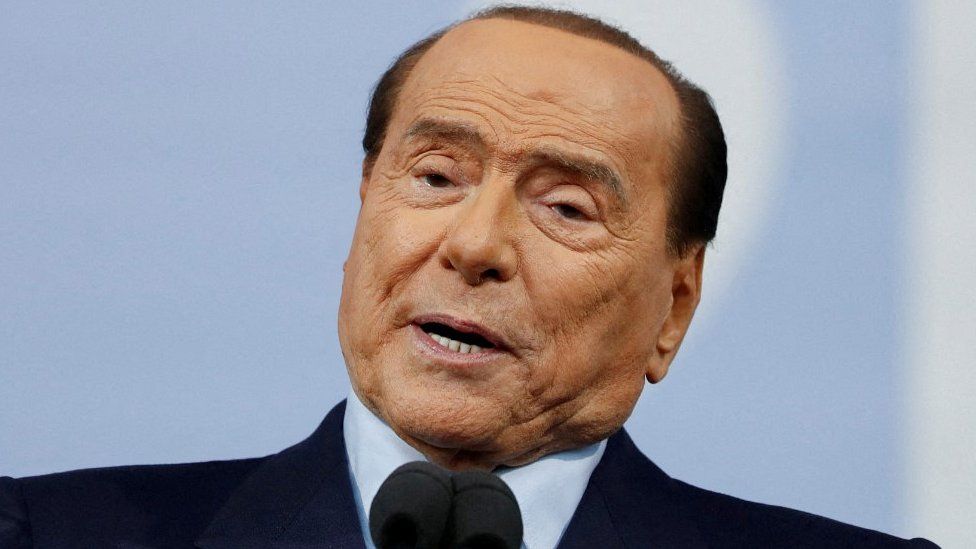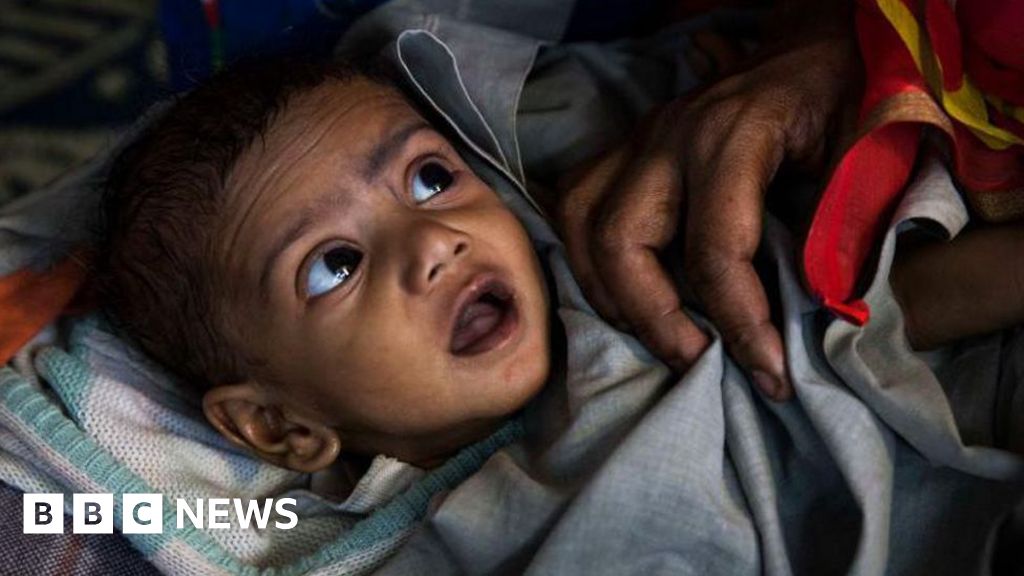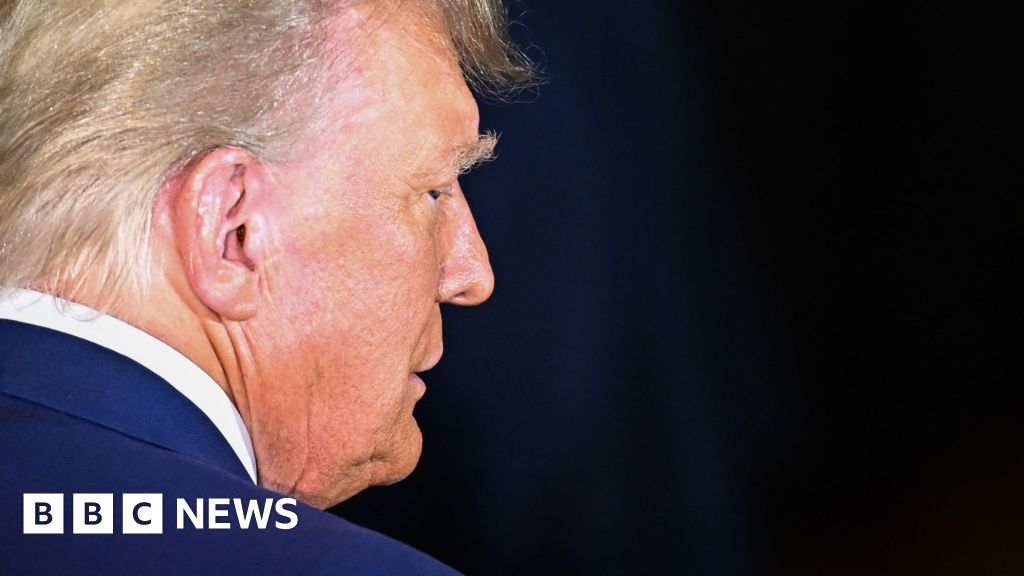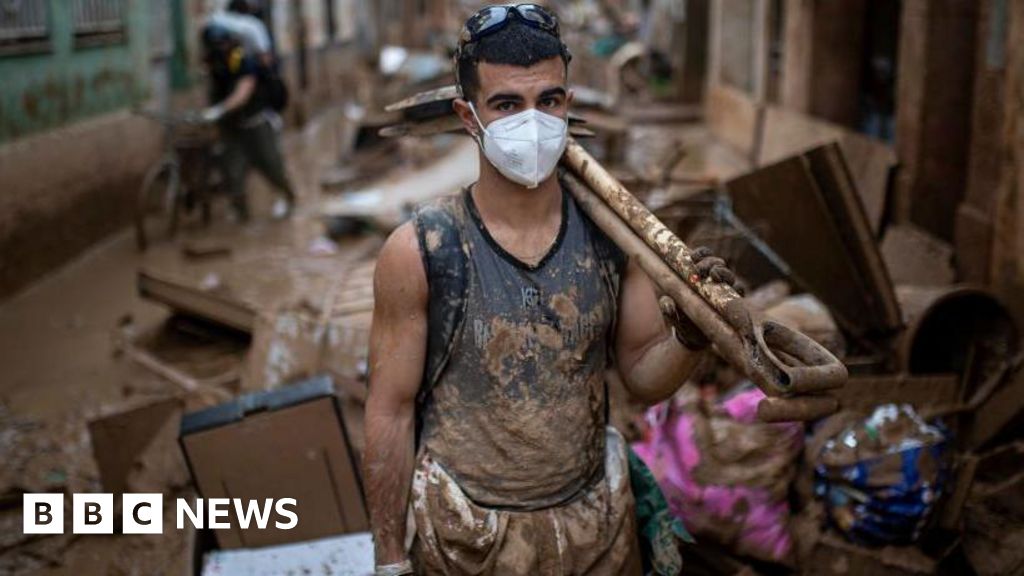ARTICLE AD BOX
 Image source, Reuters
Image source, Reuters
Silvio Berlusconi is a senator, having been re-elected last year
Italian former Prime Minister Silvio Berlusconi has been acquitted of bribing witnesses to lie about his notorious "bunga-bunga" parties.
The billionaire media tycoon, 86, was accused of paying young showgirls and others to give false testimony about the allegedly raunchy parties.
The other 28 defendants were also acquitted - among them Moroccan dancer Karima El Mahroug, known as Ruby, who figured in an earlier Berlusconi case.
Berlusconi has faced many court cases.
In the Ruby case, the right-wing senator won an appeal against his conviction for paying for sex with an underage prostitute. Ruby and he both denied having had sex and she denied having ever been a prostitute.
In his various court cases, he has denied wrongdoing, accusing prosecutors of pursuing a political vendetta against him. He insisted the parties - described by some as "orgies" - were actually elegant dinners.
The only Berlusconi trial that ended in a conviction was his sentencing for tax fraud in 2013. Given his age, Italian justice treated him leniently - he did a year of community service at a care home near Milan.
Image source, EPA
Image caption,Karima El Mahroug, or "Ruby", leaving court after her acquittal
Berlusconi was prime minister three times between 1994 and 2011. He was accused of giving witnesses millions of euros in hush money in the "bunga-bunga" trial, but said the money was given as compensation for reputational damage to people linked to the notorious parties.
He was temporarily barred from political office over his conviction for tax fraud, but won a seat in the Senate in 2022 elections.
His Forza Italia party plays a key role in Italy's ruling right-wing coalition, led by Prime Minister Giorgia Meloni. She hailed his acquittal as "excellent news that puts an end to a long legal case that also had important repercussions on Italian political and institutional life".

 1 year ago
31
1 year ago
31








 English (US)
English (US)